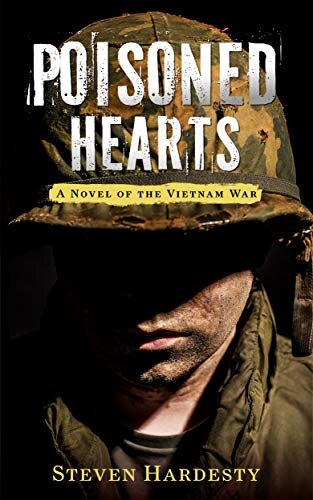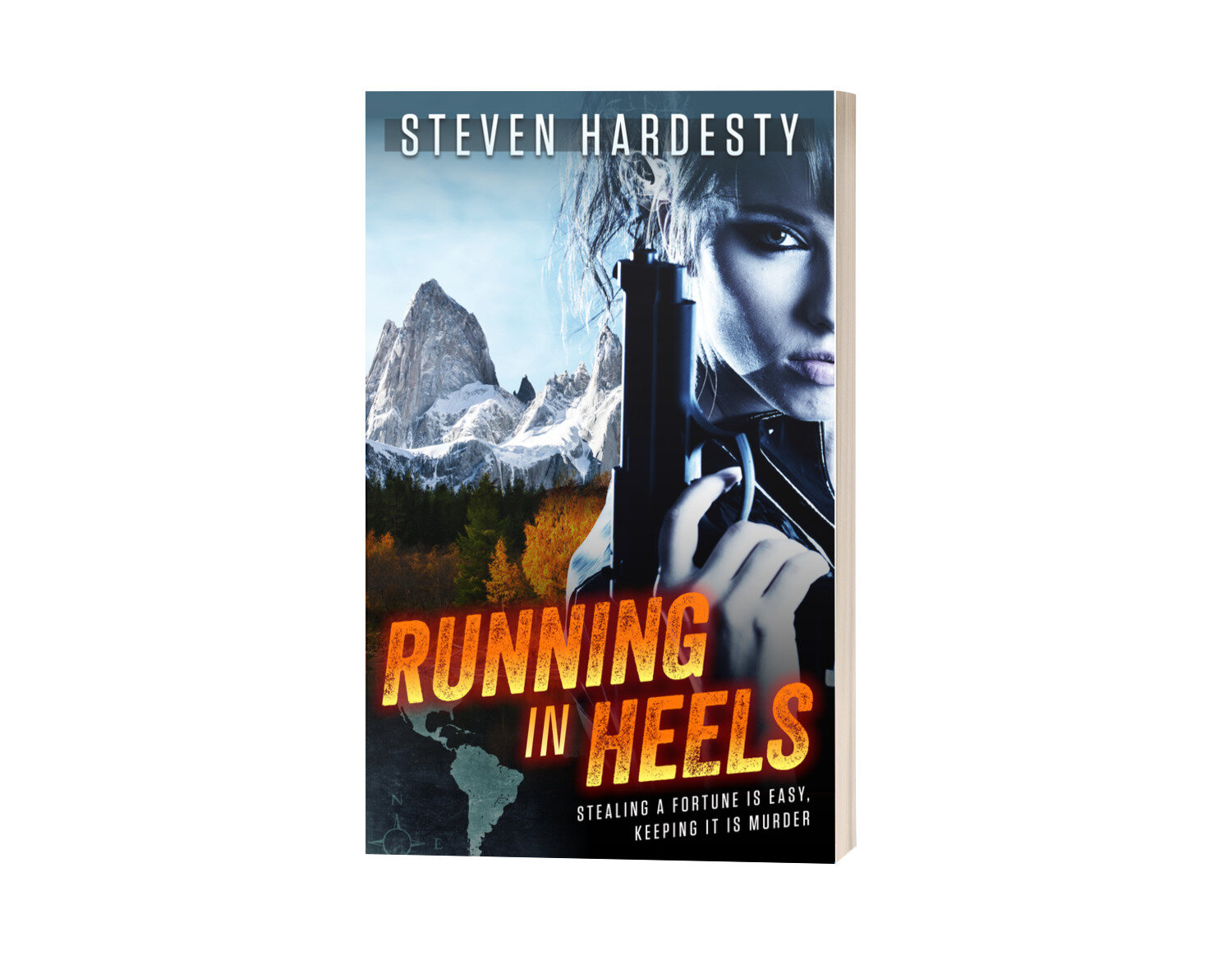What’s the point of correcting the Hollywood cowboy myth when all that nonsense is so much fun? Well, I say the truth is a lot more fun. Which is why I write historical Westerns full of characters and events drawn from a history that is bigger, more brawly and more complex than anything Hollywood can concoct.
I love cowboy movies and will watch one anytime, anyplace, including interrupting family dinners for my 300th viewing of Shane or The Oxbow Incident.
But I do have my limits. I hit that limit last night. With a cowboy movie that started the career of a famous actor, and I don’t see how that could have happened. He was rugged, silent and god-like, as are all Western heroes. The villains craven and conniving, and more than a little incompetent at their fiendish work. The script the same story you’ve seen a million times after the gunsmoky opening scenes.
What was all wrong was the details. All of them. Infuriating!
Such as, every cowboy wore a low-slung belt and holster rig for his polished six gun. No cowhand or gunman in the Old West wore a rig like that. It was invented for the movies. Wild Bill (actually “Wild Duckbill” for his enormous nose) Hickok carried his pistol in his pocket most of the time. As did most Westerners, few of whom could afford an expensive leather holster for the even more expensive pistol they also could not afford. Better to spend that money on shovels to plant and rope to herd.
Few cowboys or farmhands carried guns, and fewer still were allowed to open carry them through a Western town without annoying the local peace officer.
When a gunman, like the psychopathic Johnny Ringo, wore a holster, it was a Mexican loop holster that folded over the belt that held up a man’s trousers. That holster rode on his waist, not dangling above his knee.
And have you ever walked a hundred yards with a holster belt around your waist its cartridge loops filled with shells? The damn bullets tend to pop out all over the place, don’t they? Happened to me, anyway. That’s why cowhands and gunslingers wore vests – for the deep pockets to hold those expensive bullets they didn’t want to lose.
Wyatt Earp never carried a Buntline Special because there were none when he had his shootouts. (Ah, but you knew that already.) When had to gunfight, he would go in with his weapons in his hands, cocked and ready. As would any sensible man.
But there really wasn’t that much gunfighting in the Old West. Who but a fool duels face-to-face in an empty street at high noon? Sure, you may be the fastest gunhand in that street. But a distracting shadow, your pistol sight catching on holster leather or your stumbling into a pothole as you whip out your iron and you aren’t the fastest gunhand anymore.
No, no, no. Most gunfights were shoot-‘em-in-the-back affairs, the only sensible way to gunfight. And safer to do it with a rifle or a shotgun at a little distance. That’s how Virgil Earp was wounded and Morgan Earp killed in Tombstone.
Even a gun brawl among heavily armed men looking for a fight, as the famous Gunfight at the O.K. Corral, was a rare thing. Because no sane and sober person wanted to be standing anywhere close when lots of guns went off. Well, the Clantons and their associates weren’t that sober, and the Earps and Doc Holliday were sane. You see who had the advantage and made sure of it.
Even then, that famous gunfight went nothing like in the movies. At about six feet apart, nine men fired off 30 pistol rounds and two shotgun cartridges. The result was three dead on the Clanton side and everyone but Wyatt wounded on the other. And a lot of fence rail and nearby wooden buildings holed. Whoa! At six feet apart?
Last night, TV news reported a policeman had to fire four shots at an armed criminal before hitting him once. The policeman took out a neighbor’s car, a divot of lawn and someone’s front door before he got the crook. That was across a bit more than the distance of the OK Corral fight. Proving that pistols, even in the hands of trained users, even close-in, are not that sure. So why risk a face-to-face fight?
What does all this carping mean for the Western novels I write? It means I’m determined to make my books as near the real thing as I can. That many of the characters in my stories are based on or composites of real Old Westerners. Many of the incidents come from events that really happened.
Wyatt Earp is there in his own name, but he’s a Wyatt nearer the man of the Vendetta Ride after his brothers were attacked than of his Hollywood myth. Dirty Dave Rudabaugh is there, still unbathed, though composited into another name. So are a very young Annie Oakley along with Texas Jack Omohundro and Hanging Judge Roy Bean, though in different skins. So, too, a Choctaw bountyhunter ruined by missionary schooling and Exodusters escaping the collapse of Reconstruction. General John Bell Hood makes an appearance in New Orleans, but the appearance he makes is a puzzle even to me. River pirates, steamboats marooned in prairie dust and murdering Vigilantes who take time to build libraries fill out the stories.
Give them a read, if you please – The Gunfighter, The Outlaw, The Bountyhunter, Broken Spur and, soon, Dead Hand. Test them against the non-Hollywood reality of what you know of the Old West. Then let me know what you think of them. I’d like that. And I’d be obliged.





















